Managing your mental health during a pandemic
21/12/2020

A selection of our School of Management MSc students have come together to give their top tips on how to look after your mental health during the pandemic.
Sarah Deacon, Management and Leadership MSc
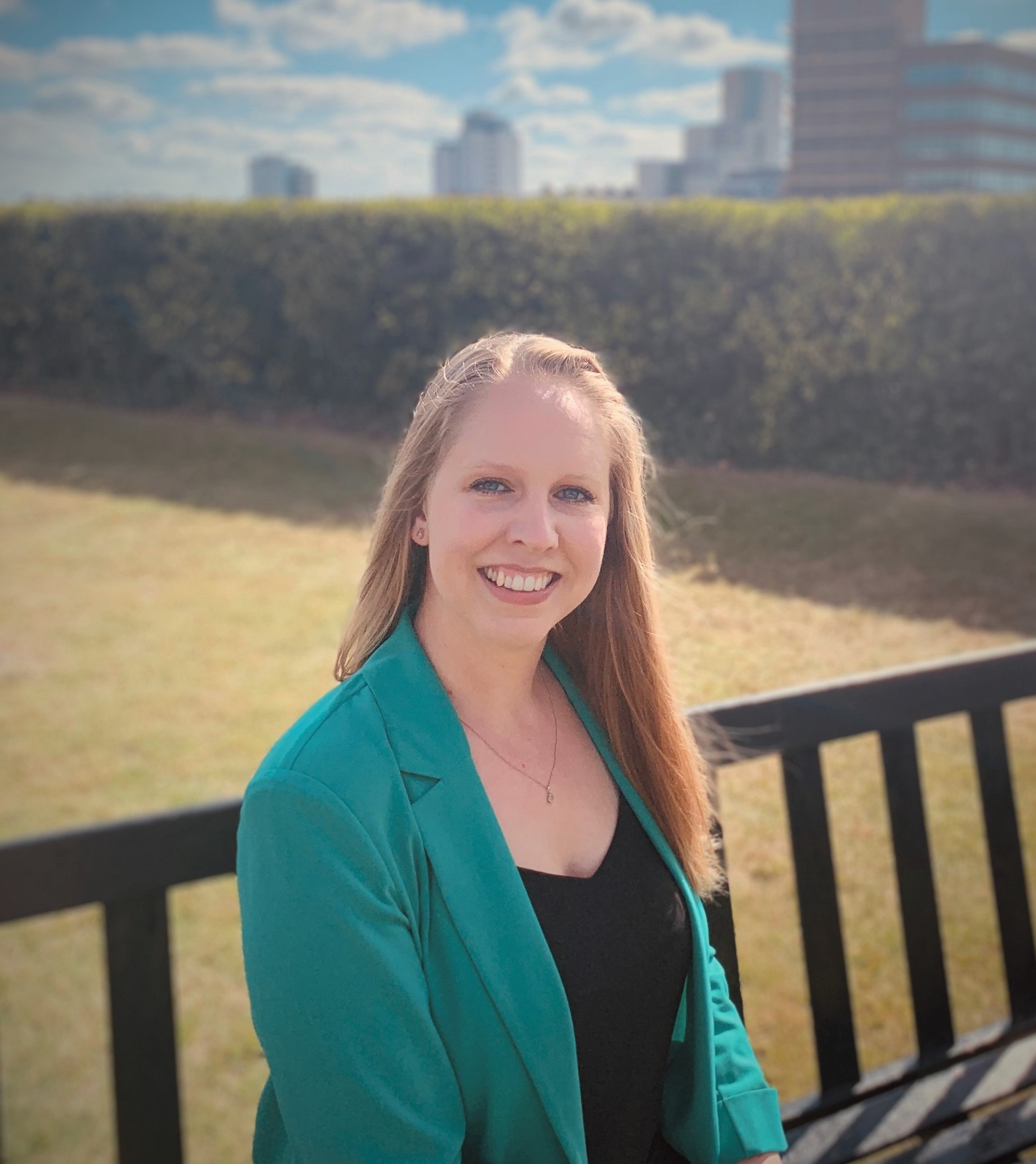
I love how when I’m out running my thoughts align and settle down, even through my heavy breathing. With the first lockdown came an opportunity and I started the Couch to 5k training programme, starting my running journey over again as I returned from injury.
Now that the days are getting shorter I’ve taken control of my working day (I am working full-time from home and studying my MSc in Management and Leadership on a part-time basis, so currently all my lectures take place on Zoom), and I’m starting earlier and finishing later so I can get out and soak up the daylight at a convenient point between meetings. It’s so easy at the moment to be sat in the same seat for hours on end; without my normal commute there’s often nothing to break the day up or provide an end point.
It’s well documented the impact fresh air and sunshine (even rain) can have on your mood and overall wellbeing. If you can’t get out, maybe try this: make a cup of tea, coffee or your favourite comfort drink and sit next to a window in a patch of sunshine, or where you can see a tree or even someone else’s window box. Open that window (yes even if it’s raining) and take five minutes to breathe in the outdoors. Take note of what you smell, what you can hear, what you can see, and how it makes you feel. I guarantee you’ll notice the bird singing or the variety of colours in the leaves, even over the noise of the street and next doors car alarm going off, all of these things give you a moment of perspective, something which is easy to lose when sat on your own working at home, knowing that there is still a world out there, a natural world which is still continuing to go through it’s cycles in spite of the global pandemic is incredibly grounding and comforting.
Ronit Kamboj, MSc Management

For years society has been ignoring the importance of mental health but I feel that something good to come out of Covid-19 is that it has forced us all to take a second look, to slow down and to take the time to understand how understanding our mental health effects everything, and gives us the opportunity to raise the consciousness, happiness, wellbeing of society as a whole.
We have learnt lessons in resilience throughout the pandemic, we have subscribed to numerous virtual fitness programs and had video conferences with every contact in our ever so exhaustive contact list. Yet, the question remains; why do we still suffer to cope with mental health if we are doing everything right?
Society has and is working hard to help us acclimatise to our own set of circumstance and our new normal, with new technology and ways of connecting being rolled out in every sector. However, it is up to us personally to use those tools in the way we need to take care of ourselves and our mental health. Here are some things which have helped me personally:
Every time I find myself upset by something, whatever it is, I try to take a step back and shift my perspective to see what it is trying to teach me. I find meditation very helpful for this as it gives me some peace and quiet to reflect on my perceptions of situations and challenges which I am facing.

As the famous quote states above “a goal without a plan is only a dream”, so take ownership of your day. We are lucky with the software we have available whilst studying at Cranfield, Canvas, which integrates with Google/Apple Calendar to help to plan our days. If I have a plan and schedule for what I want to achieve in my week then I feel more in control of my own life and I find it easier to let go of the things which I cannot control.
Invest your time in hobbies and don’t feel that this isn’t a valuable use of your time, life is a balance and it is always important to invest time in your creativity and the things which bring you joy as well as work. The CSA (Cranfield Student Association) is a great source of extra-curricular activities and social opportunity. Sustain your mental equilibrium with peaceful walks through Woodland Trails, joining the various non-contact sports groups –like Cranfield Runners Inc, Cycling at Cranfield, long frisbee (with gloves). The hyperlinks above are if you would like to join the WhatApp groups – for running and cycling – for these activities or contact CSA direct csa@cranfield.ac.uk to find out about other activities on offer.
In the few months that I have been at Cranfield, I have revisited my habit of reading for pleasure and personal development. One which I have recently completed, which particularly resonated with me was “The Courage To Be Disliked: How to free yourself, change your life and achieve real happiness”:
The Japanese phenomenon that teaches us the simple yet profound lessons required to liberate our real selves and find lasting happiness.
The Courage to be Disliked shows you how to unlock the power within yourself to become your best and truest self, change your future and find lasting happiness. Using the theories of Alfred Adler, one of the three giants of 19th century psychology alongside Freud and Jung, the authors explain how we are all free to determine our own future free of the shackles of past experiences, doubts and the expectations of others. It’s a philosophy that’s profoundly liberating, allowing us to develop the courage to change, and to ignore the limitations that we and those around us can place on ourselves.
The result is a book that is both highly accessible and profound in its importance. Millions have already read and benefited from its wisdom. Now that The Courage to be Disliked has been published for the first time in English, so can you. You can purchase it on Amazon.
If you’re passionate about music I recommend listening to Alt-J while taking long walks; I am available for a discussion on music anytime.
https://www.reddit.com/r/LetsTalkMusic/
So, acclimatisation to a routine and adaptation is never easy yet every ounce of support helps. The decision of a student to travel miles to garner an enriched education is a big deal, it is not an ordinary relocation in the current world situation. Homesickness is a tough hill to conquer for a student and this year, unforeseen changes have definitely made the climb harder. So accept help and service available to support you through these challenges: Cranfield Wellbeing Services have many free options available. I must remind you here, that it is okay to feel this way but the important fact is that you take out time to FEEL.
“Slow is smooth, Smooth is fast”
US Navy SEALs Soldier on
Ellie Cooper, Procurement and Supply Chain Management MSc
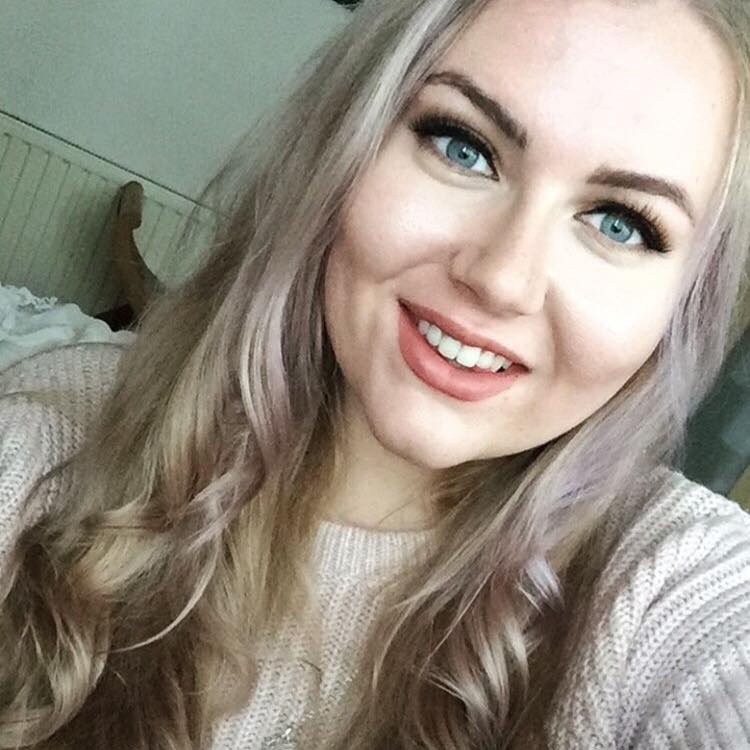
Sometimes all you need are Disney songs, a cup of tea and some paint!
The last half a year has been stressful for all of us and you are certainly not alone! My first mental health tip is, do not be so hard on yourself- we are still in the middle of a pandemic! It’s completely understandable and normal to feel overwhelmed, anxious, or any other feelings right now.
Everyone’s struggles are different and the levels of stress that people can take are different too. The important thing to notice is when it’s becoming too much and when you need to take a break. With deadlines coming up and the lead up to the winter holidays, you need time to relax and think.
It’s always good to check in with yourself (daily if you can) and evaluate how am I feeling today? How can I best help myself? And get my thoughts organised?
Personally, I think lists are the way forward, I jot everything down that I need to do for the day (in order of importance for me) and get such satisfaction out of putting a little gold star next to each item when complete. I make sure an hour of my day is “technology free”, where I either paint, read or do some exercise (normally yoga). This really helps give me time to think and de-clutter my thoughts.
Watching a movie with friends, doing some painting whilst singing along to your favourite songs (my favourite) and going for a stroll in Rectory Wood Park, are all good ways of taking a well-deserved break and avoiding burn out.
I also couldn’t recommend meditation apps enough or going onto YouTube (my favourite being headspace) and following along to a guided session, it really helps release anxiety and stress. I also try to talk my feelings out, if I think I need to with either my housemates, friends, or family (never keep it bottled up!).
Being from Liverpool I miss my family a lot. I couldn’t imagine them being halfway around the world let alone just up the motorway. Keeping in contact with family and close ones is really important, make sure to speak to them regularly for a good old catch up! Alternatively having a feelings journal can be a great way of monitoring how you are. Keeping track of day-to-day changes in mood is an easy way to reflect and notice changes in wellbeing, you can then take actions to avoid feeling out of control.
Remember there are tonnes of resources online and at the University to support you!
Link to Cranfield wellbeing and support: https://www.cranfield.ac.uk/study/life-on-campus/life-at-cranfield/wellbeing-and-support
Link to charity Mind for mental health support: https://www.mind.org.uk/
Hilary Chan, Strategic Marketing MSc

Social connection has long been credited as having a positive impact with mental health. In times of pandemic, especially with the newly enforced lockdown rules, it may be difficult to maintain social connection.
For those of us living on campus, this may be a great opportunity to plan some activities with people in our household. Ideas for indoor activities include cooking together and board/card games. This allows us to take a break from constant stress of coursework, build a support network, learn more about different cultures and most importantly, have some fun!
-

Making sushi and chocolate cake together -

Making sushi and chocolate cake together -

Fun game of uno
When it comes to support network, what could be better than our family and friends back home? In these uncertain times, keeping in touch with them might bring some much-needed normalcy back to our lives. Thankfully, with today’s technology, our family and friends are just a tap on our phones away.
We hope this blog post gave you some inspiration for ways to take care of your mental health during the pandemic! If you would like more professional guidance or just want to talk to someone about any issues you are facing, please be reminded that Cranfield has two counsellors providing a confidential counselling service free of charge. For more information, please click on this information sheet.
Categories & Tags:
Leave a comment on this post:
You might also like…
From classroom to cockpit: What’s next after Cranfield
The Air Transport Management MSc isn’t just about learning theory — it’s about preparing for a career in the aviation industry. Adit shares his dream job, insights from classmates, and advice for prospective students. ...
Setting up a shared group folder in a reference manager
Many of our students are now busy working on their group projects. One easy way to share references amongst a group is to set up group folders in a reference manager like Mendeley or Zotero. ...
Company codes – CUSIP, SEDOL, ISIN…. What do they mean and how can you use them in our Library resources?
As you use our many finance resources, you will probably notice unique company identifiers which may be codes or symbols. It is worth spending some time getting to know what these are and which resources ...
Supporting careers in defence through specialist education
As a materials engineer by background, I have always been drawn to fields where technical expertise directly shapes real‑world outcomes. Few sectors exemplify this better than defence. Engineering careers in defence sit at the ...
What being a woman in STEM means to me
STEM is both a way of thinking and a practical toolkit. It sharpens reasoning and equips us to turn ideas into solutions with measurable impact. For me, STEM has never been only about acquiring ...
A woman’s experience in environmental science within defence
When I stepped into the gates of the Defence Academy it was the 30th September 2019. I did not know at the time that this would be the beginning of a long journey as ...

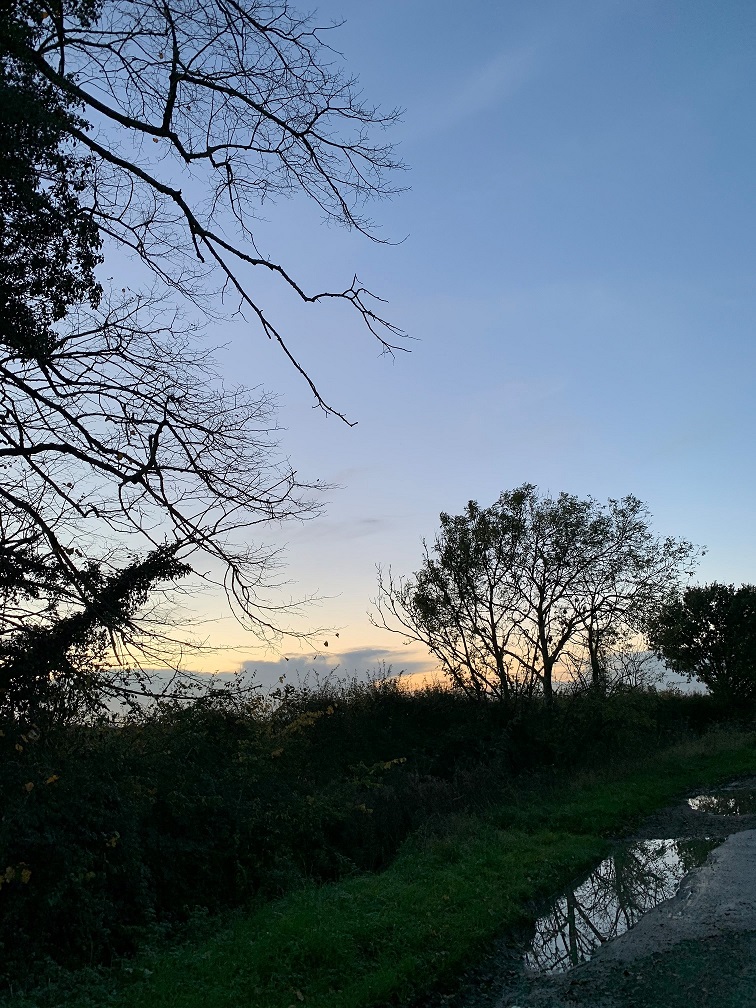
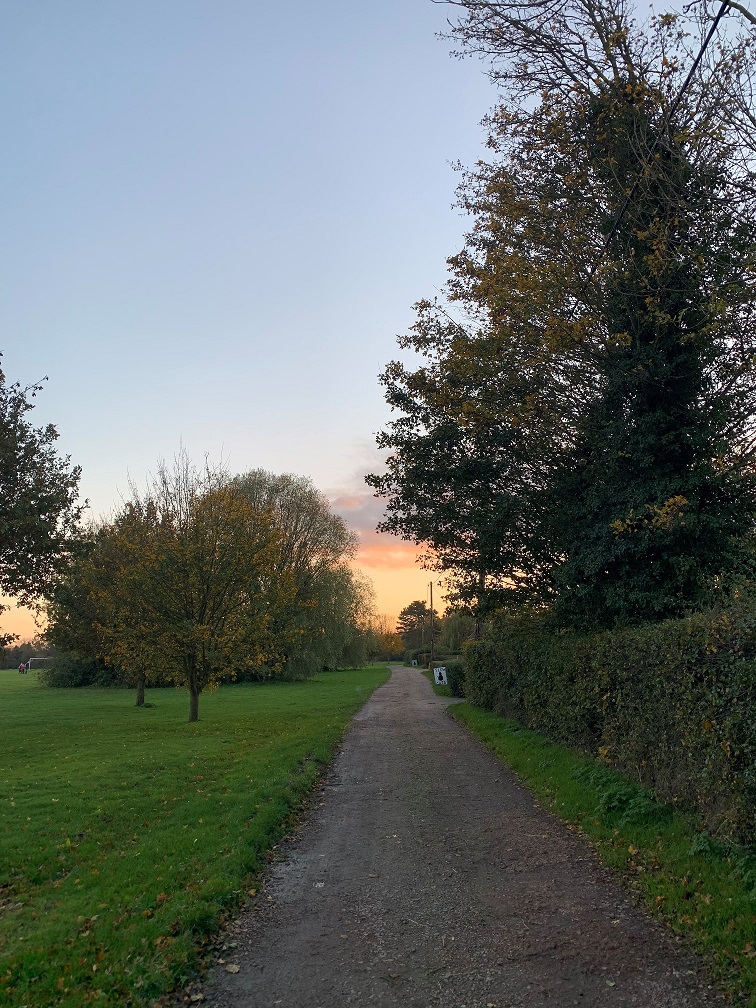
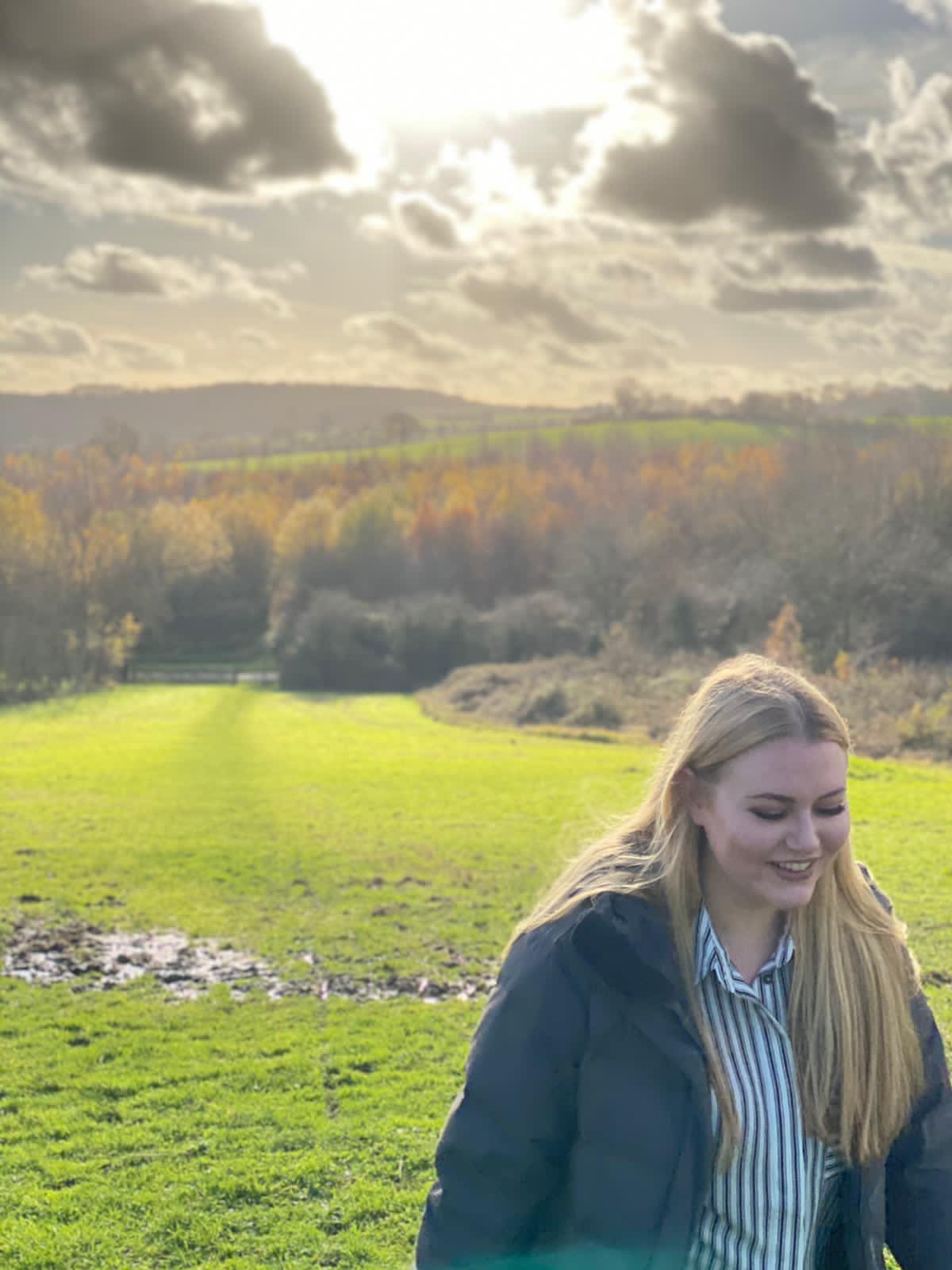
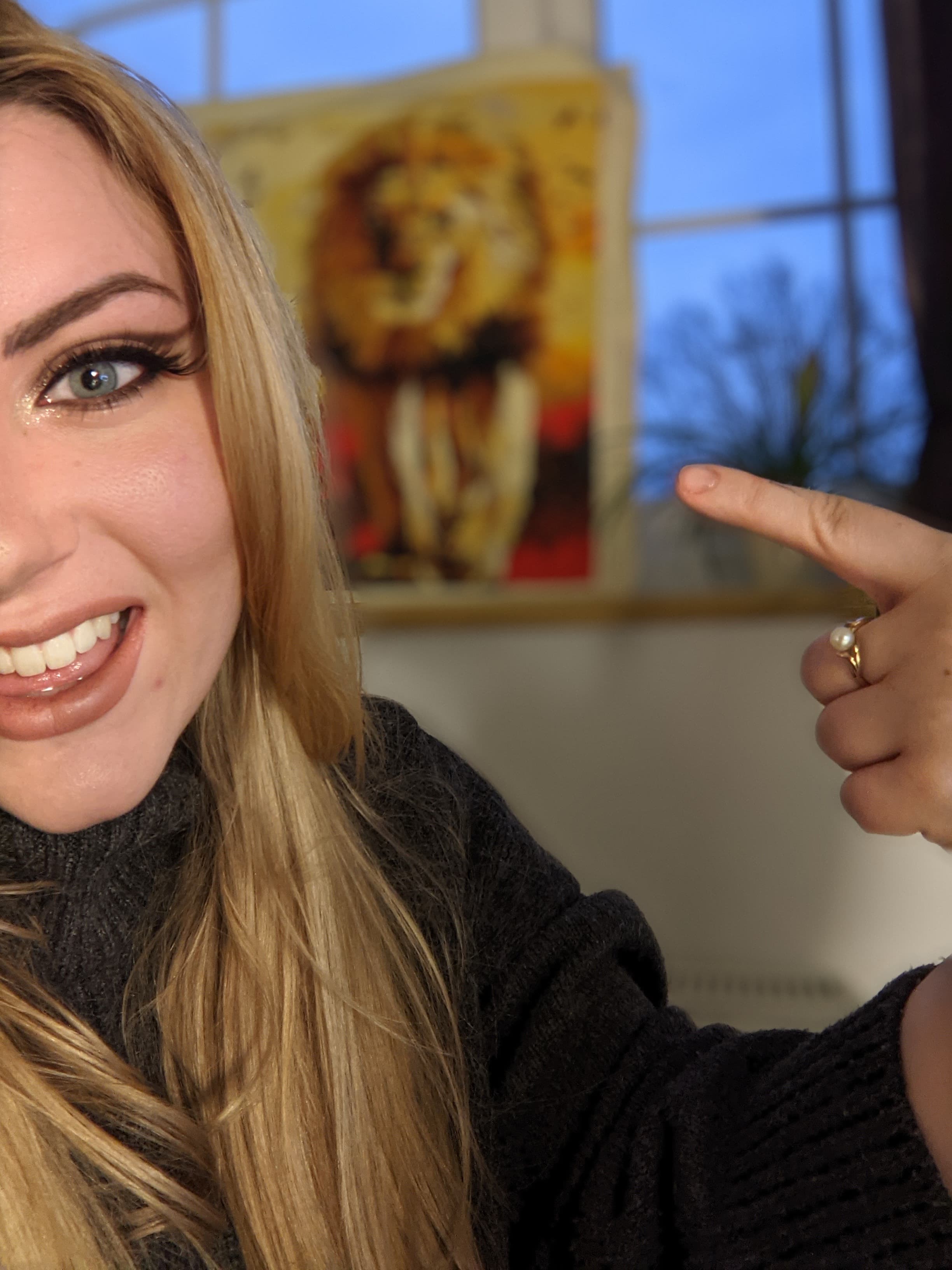
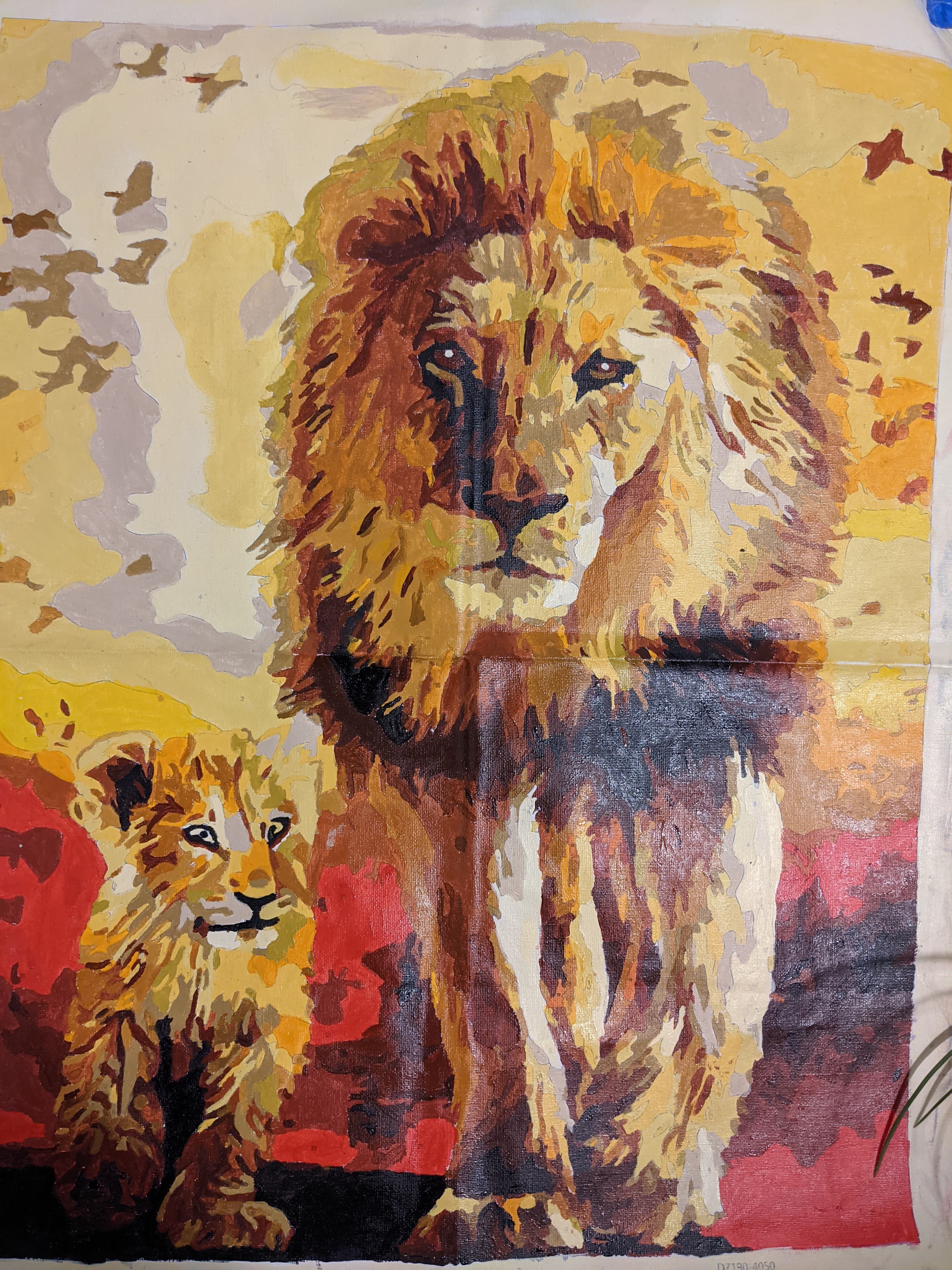






nice sharing thanks